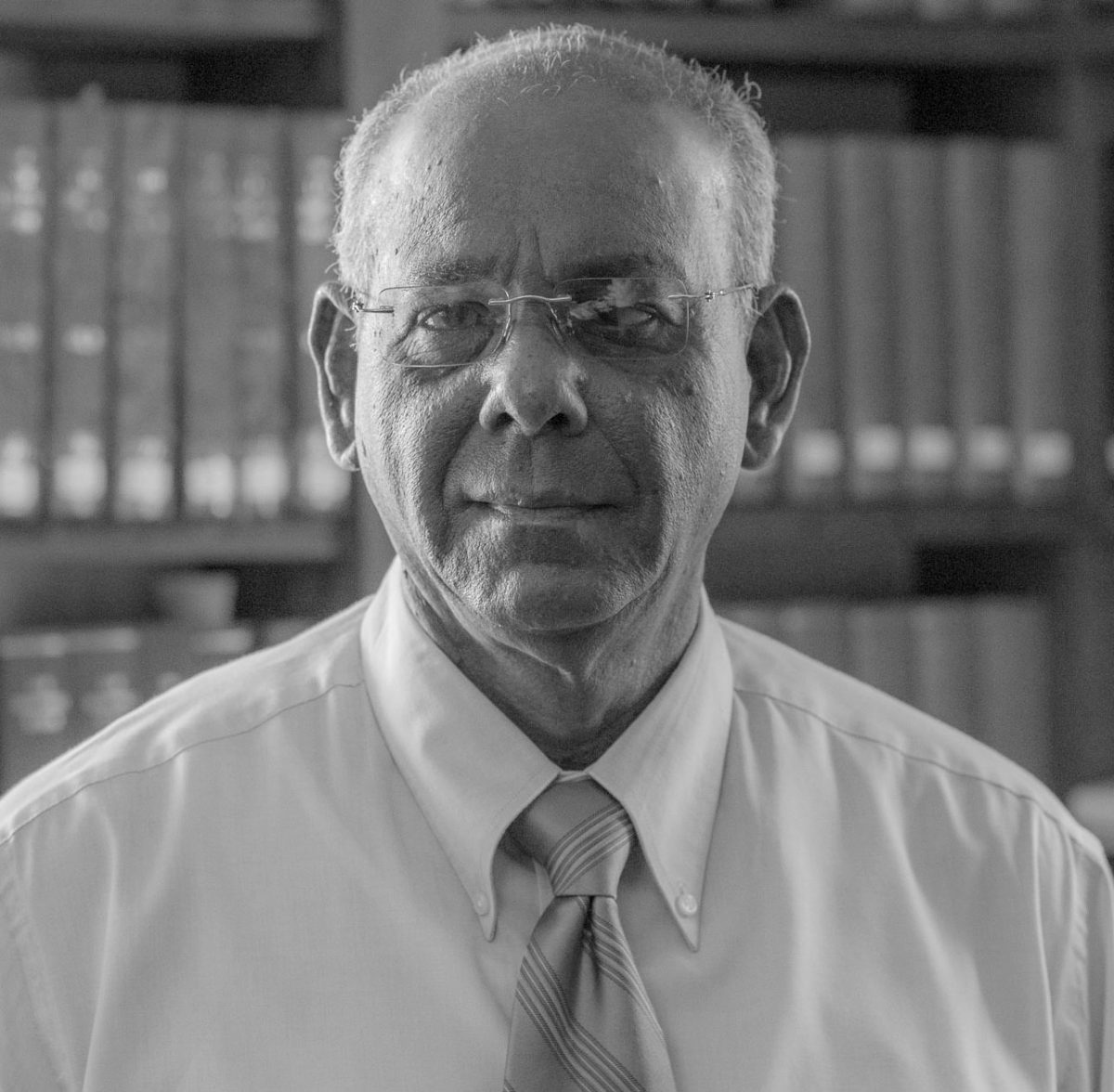Commentator Ralph Ramkarran says the issues that new Leader of the Opposition, Aubrey Norton wants to have addressed with President Irfaan Ali would be better handled in a parliamentary committee.
In his column in yesterday’s Sunday Stabroek, Ramkarran, a former two-term Speaker of Parliament also rapped both the government and the opposition for not making use of the various committees which were established via the constitution reform that took place in 1999-2000.
President Ali last week announced he will invite the Opposition Leader for talks on constitutional appointments in two weeks and this prompted Norton to say at a PNCR press conference that he was looking for broader dialogue.
Norton said that as representatives of the people in the National Assembly, it is expected of both the APNU+AFC and the Office of Leader of the Opposition, that all concerns of the people are addressed and any agenda for a meeting with the President should include that.
“…while the constitution puts some clear obligations, the fact that we are elected representatives, that fact means that we have to deal with the other critical issues that affect the people of Guyana. So I think the agenda will have to include issues that are of concern to both the government and the Opposition,” he said.
He reiterated that the Opposition represents the cause of the Guyanese people and in furthering the cause there will be matters outside of the constitutional agenda that require the input of both the government and the Opposition and he will push for that.
“Meetings with the President, should they occur, must extend beyond the appointment of commissioners and judges. Meetings must also discuss Opposition concerns about good governance and the abuse of political power, including the discrimination against opposition-led local councils, the uneven and incomplete distribution of flood and other relief, the unsatisfactory oversight of the nation’s patrimony in the NRF (Natural Resource Fund), and the abuses of human and legal rights by some rogue police ranks,” he said.
The Leader of the Opposition added “I believe you cannot deal with one and not the other and it is my sincere hope that good sense will prevail and we attempt to deal with the issues in the society in a holistic way rather than in a piecemeal fashion that will generate its own problems”.
Cooled
Tracing the evolution of the 1999-2000 reforms by the Constitutional Reform Commission (CRC), Ramkarran said that by the time hearings began, PPP had cooled on shared governance and, while members of the PNC gave evidence supporting shared governance, the official PNC did not.
“Influential members of the CRC supported shared governance and urged that a constitutional mechanism be provided for it. However, it failed to attract majority support and the CRC agreed to the consolation prize of inclusive governance. Starting with Article 13, which enshrined the principle by its opening words – `The principal objective of the political system of the State is to establish an inclusionary democracy…’”
Ramkarran noted that the Constitution goes on to provide an array of mechanisms to entrench inclusion. These include five parliamentary standing committees on constitutional reform, natural resources, economic services, social services and foreign relations. The chairs and deputy chairs are from the Government and Opposition and these are rotated. A Parliamentary Management Committee with equal representation by Government and Opposition, chaired by the Speaker with no vote, was also provided for by the Standing Orders.
The amendments to the Constitution based on the recommendations of the CRC, he noted, also provide for the following commissions: Ethnic Relations, Human Rights, Women and Gender Equality, Indigenous Peoples and Rights of the Child.
“No governing or opposition politician or civil society activist can complain when exasperation is declared by the public, or when dire consequences are predicted because of ethno-political dominance, or frustration is declared because of an unresponsive political system, when very little effort is made by both Government and Opposition to have these bodies functioning optimally, or at all. Parliamentary committees cannot function effectively with part time MPs, who must have full time jobs to make ends meet, little staff and no research assistants. Government agencies cannot be effectively required to produce documents and to answer questions about the matters Mr. Norton is concerned and wants to raise with the President. Constitutional Commissions cannot be expected to function if they do not exist, or if they are not properly staffed and resourced. The issues of concern that the Leader of the Opposition would like to discuss with the President can be more effectively addressed in a Parliamentary Committee and when public attention is drawn to them, you bet that the President will pay attention”, Ramkarran stated.
He contended that the tools for inclusive governance have been handed to the nation on a platter but neither the Government nor the Opposition, particularly the latter, had made use of them.
The Stabroek News editorial of April 18 this year had said that given the very serious concerns raised about the approval process for ExxonMobil’s Yellowtail well “the Natural Resources and Economic Services committees of Parliament should immediately undertake examinations of the process, solicit experts and hold hearings on it with the objective of presenting reports that the government can act on. This was what was envisaged by the constitutional reforms for these committees and whether or not they function assertively will in large measure depend on if the new Leader of the Opposition can inspire MPs from the non-government side of the House to really do their work”.





